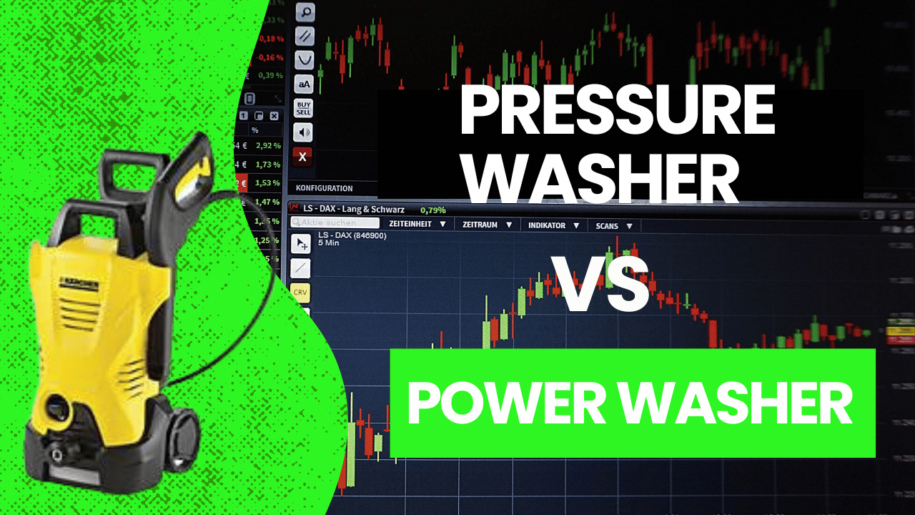
Ah, spring cleaning. Imagine the crisp, clean air, the budding flowers, and the daunting list of outdoor home maintenance tasks that have been piling up all winter. It’s time to blast through that grime, and that’s where pressure washers and power washers come into the picture. These mean cleaning machines can turn the once-daunting task of scrubbing your patio, siding, or even your car into a can-do and, dare I say, enjoyable activity.
But here’s the question that’s been rolling around in the nozzles of our readers’ minds… what’s the difference between a pressure washer and a power washer? Are they just fancy names for the same thing, or is there more under the hood? Don your safety goggles, because we’re about to break down the nitty-gritty of these outdoor superheroes.
The Basics- Pressure Washer Unboxed
At its core, a pressure washer is a high-pressure mechanical sprayer that can be used to remove loose paint, mold, grime, dust, mud, and dirt from surfaces and objects such as buildings, vehicles, and concrete road surfaces. The basic pressure washer consists of a motor (electric or gasoline) that powers a pump, a high-pressure hose, and a triggering gun-style switch.
The water’s pressure comes from the force applied to it through the motor-driven pump. This force can be upwards of 1,000 to 4,000 pounds per square inch (PSI). Such intense pressure is capable of cleaning a wide variety of surfaces efficiently.
Power Washer Primer
Enter the power washer—a close cousin to the pressure washer. At first blush, you might not even notice a difference. Both machines use high-pressurized water jets, but there is a key distinction. A power washer is heated, unlike a pressure washer. That means it uses hot water along with the pressure to tackle cleaning jobs.
The heated water allows for a deeper and often more effective cleaning, especially when it comes to oil or grease on surfaces. It can also provide a sanitizing effect due to the hot-water temperature. The added heat can make a power washer more suitable for industrial and heavy-duty jobs, but it also comes with its own set of considerations, such as additional fuel costs for the heating element.
The Hot or Cold Debate- Which One to Get?
When considering between a power washer and a pressure washer, think about the types of cleaning tasks you’ll tackle most frequently. If you’re dealing with simple, light-duty work—say, cleaning your car, boat, or pet—then a pressure washer will likely do the trick.
On the other hand, if you expect to face off against grease-stained garage floors, grimy machinery, or heavily soiled patio furniture, the extra oomph from a power washer’s hot water component may be just what you need. That said, it’s essential to balance the cleaning power with the delicate nature of some surfaces, as hot water can warp plastics, damage wood, and affect the integrity of some paints.
Which Is Friendlier with the Environment?
When it comes to being ‘green’, the pressure washer edges out the power washer. Pressure washers typically use less water than a garden hose, even with the increased pressure. This means they can conserve water, which is definitely a win for the environment. For an extra eco-friendly touch, you can use biodegradable soaps and detergents designed to work with pressure washers, negating the need for harmful chemicals.
In contrast, as power washers use more equipment to heat the water, they tend to use more energy and water overall. Despite their efficiency with tougher stains, power washers stand lower on the eco-scale. If environmental impact is a concern, be extra mindful of your water and energy usage and opt for the pressure washer.
Safety First- Using Outdoor Cleaners Responsibly
Whether you’re wielding a pressure washer or a power washer, safety is paramount. The intense pressure of the water can lead to injuries if not used properly. Always wear protective gear, and be sure to read the manufacturer’s guidelines before first use. Additionally, consider the surroundings—vegetation, pets, and children should be well out of the way to prevent accidents or damage.
Maintenance Must-Dos
Like any good power tool, regular maintenance is key to the longevity and effectiveness of your pressure or power washer. Whether it’s winterizing your machine before stowing it for the cold months, or simply performing routine checks on the hoses and nozzles, keeping your cleaning dynamo in top shape is as important as using it.
For electric models, check the power cord for fraying, and for gas models, ensure the fuel is clean and the pressure pump well-oiled. Inspect for leaks or damage and replace any parts that show wear. Proper storage in a dry area can also help prevent rust and other damaging effects from climate.
Final Thoughts
A pressure or power washer can be a shining star in your outdoor cleaning ensemble. By now, you’ve realized that along with a few extra degrees, the power washer brings more heat to the cleaning party. However, with great heat comes great responsibility—to your wallet, your time, and the environment.
If you’re an occasional washer, a pressure washer might be all you need to keep your outdoor spaces spick and span. But for the grease-fighters and heavy-duty cleaners, a power washer might just be the right investment.
In the ultimate showdown between the two, consider your cleaning needs, priorities, and that pile of spring-cleaning tasks awaiting you. Choose wisely, clean responsibly, and revel in the beauty of a freshly washed world. Happy high-pressure cleaning!
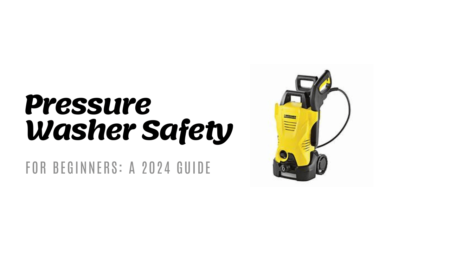
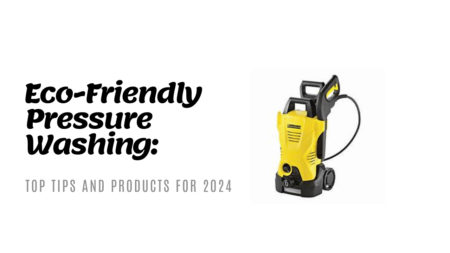
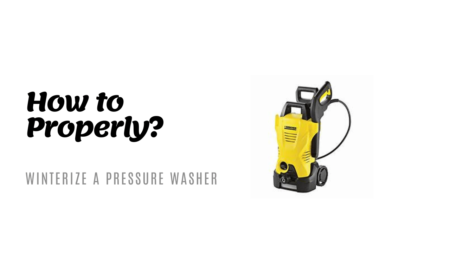
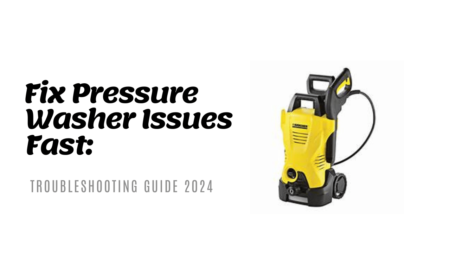
![Pressure Washing Regulations: What You Need to Know [Updated 2024]](https://pressurwasher.com/wp-content/uploads/2024/05/Minimalist-Tutorial-Event-YouTube-Thumbnail-2024-05-31T224409.854-450x253.png)
![Ultimate Guide to Pressure Washer Maintenance [2024 Edition]](https://pressurwasher.com/wp-content/uploads/2024/05/Minimalist-Tutorial-Event-YouTube-Thumbnail-2024-05-30T230638.695-450x253.png)